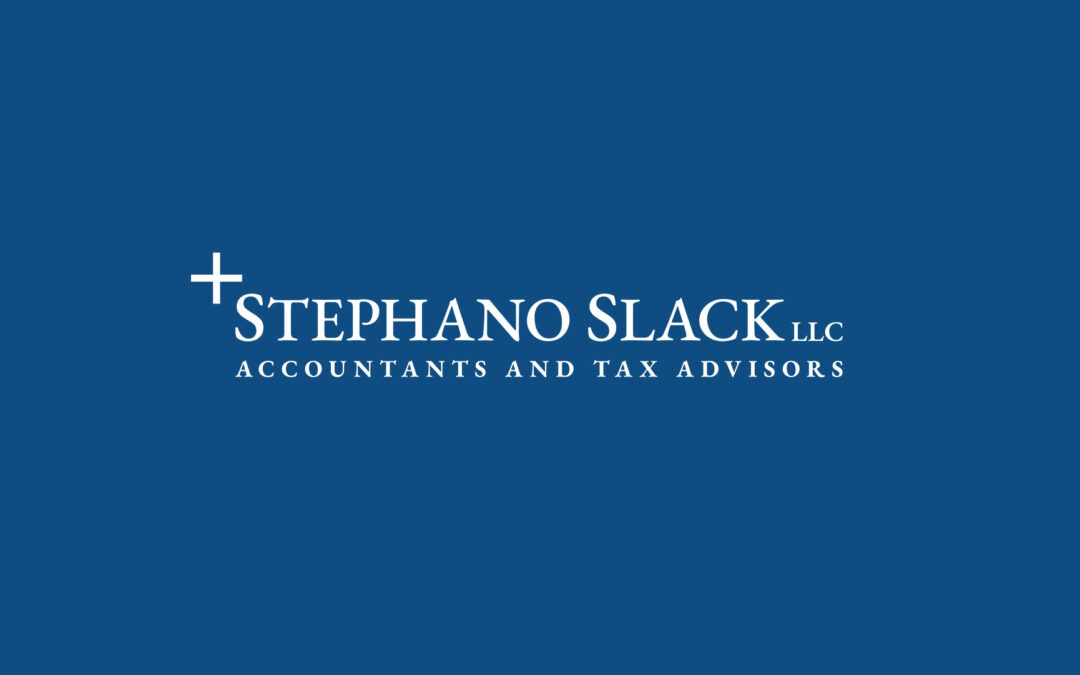Small breweries, distilleries, and wineries are set to see a round of tax benefits in the 2018 and 2019 tax years from reforms passed in Part IX, Subpart A of the Tax Cuts and Jobs Act of 2017.
Interest Capitalization Exemption
Section 13801 of the act introduces a new aging-period interest capitalization exemption for beer, wine, and consumable distilled spirits. Generally, costs incurred during the production period of alcoholic beverages, which is defined as the time between pre-planning of the beverage and the point when the beverage is ready for sale, is capitalized. Since these costs are capitalized, they appear on the business’s balance sheet as an asset, instead of an expense, and thus do not reduce taxable income. This new exemption allows brewers, distilleries, and wineries to exclude the aging-period from the production period of the alcoholic beverages for interest capitalization purposes. The aging-period is the time between the distillation of liquor or fermentation of wine and beer, and the “bottling” of the beverage (bottling includes canning or other ready-for-sale packaging); for wine that ages in the bottle before sale, this is considered part of the aging-period as well. With this exemption, interest incurred during aging could be expensed to reduce taxable income for the current year. Notably, this exemption only applies to aging-period interest paid and accrued between January 1, 2018 and December 31, 2019. Taking advantage of this exemption will require companies to file Form 3115, as changing from capitalizing interest to not capitalizing interest, even for the aging-period, is considered a change in accounting method.
Excise Tax Reduction
Sections 13802, 13804, and 13807 of the 2017 Tax Act reduces the excise tax on the production of alcoholic beverages by brewers and distilleries, and increases an excise tax credit for wineries during the 2018 and 2019 tax years. For small breweries, the excise tax on the first 60,000 barrels of beer produced has been reduced from $7/barrel to $3.50/barrel under the new law. Small distilleries may benefit even more, as the $13.50 per proof gallon excise tax has been reformed to a tiered tax rate, with the first 100,000 gallons taxed at $2.70, the next 22.13 million gallons taxed at $13.34, and any additional gallons taxed at the old $13.50 per gallon rate. For wineries, the new act has introduced an excise tax credit for wine produced and removed for sale; this credit is $1 per gallon on the first 30,000 gallons, $0.90 per gallon for the 100,000, and $0.535 per gallon for the next 620,000 gallons. Additionally, sparkling wine has also been made eligible for the excise tax credit.
If you would like additional clarification of the above reforms, or are interested in hearing the other changes made within the Craft Beverage Modernization and Tax Reform provision of the Tax Cuts and Jobs Act of 2017, do not hesitate to contact a Stephano Slack representative. Cheers!
Anthony Fortescue
610-687-1600



Recent Comments